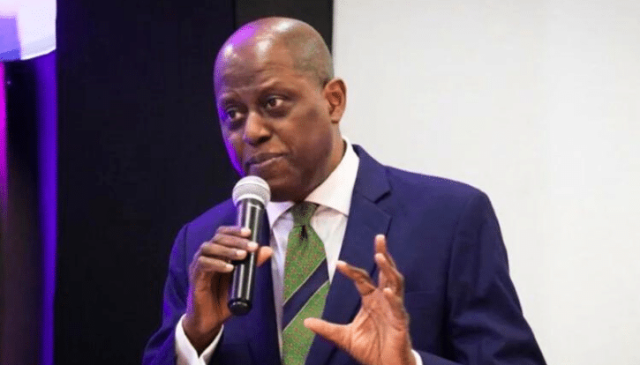Nigeria's foreign reserves have continued to rise, reaching $34.14 billion on Friday, showing a 4.06% increase from $32.74 billion on June 3, 2024, according to data from the Central Bank of Nigeria.
The country's reserves have been bolstered by recent loans obtained by the Federal Government from the World Bank.
In May, the Bureau of Public Enterprises announced that the Federal Government had secured a $500 million World Bank loan to strengthen the nation's electricity distribution sector.
Additionally, the World Bank disclosed that Nigeria would receive $2.25 billion in support to help stabilize the economy.
"This combined $2.25 billion package offers immediate financial and technical assistance to Nigeria's urgent efforts to stabilize the economy and enhance support for the most vulnerable populations. It also supports Nigeria's ambitious long-term plan to increase non-oil revenues and protect oil revenues to ensure fiscal sustainability and adequate resources for delivering quality public services," stated the multilateral lender in a press release.
As a result, the external reserves have increased by over $1 billion in just one month.
Last year, Nigeria faced challenges with a shortage of foreign currency, prompting the central bank to float the naira in order to boost foreign exchange inflows.
The Nigerian local currency has depreciated by more than 300 percent in the span of one year, reaching 1,514.31/$ at the Nigerian Autonomous Foreign Exchange market on Friday.
In the first half of 2024, the naira was reported by Bloomberg as the worst-performing currency in the world.
The report attributed this to devaluation, inadequate dollar supply, and market instability, which have hindered the Central Bank of Nigeria's efforts to strengthen the currency.
Alongside the naira, Egypt’s pound and Ghana’s cedi were also among the worst-performing currencies in the first six months of the year.
In addition to this, the report highlighted that the naira's performance was the poorest compared to global currencies tracked by Bloomberg, except for Lebanon's pound, which is currently experiencing an economic crisis and dollarization.
Meanwhile, Dr. Olayemi Cardoso, the Governor of the Central Bank of Nigeria, expressed that the apex bank was "relatively pleased" with the progress made in stabilizing the local currency. He further stated to Bloomberg TV that he believes the worst of the volatility has been experienced.




















